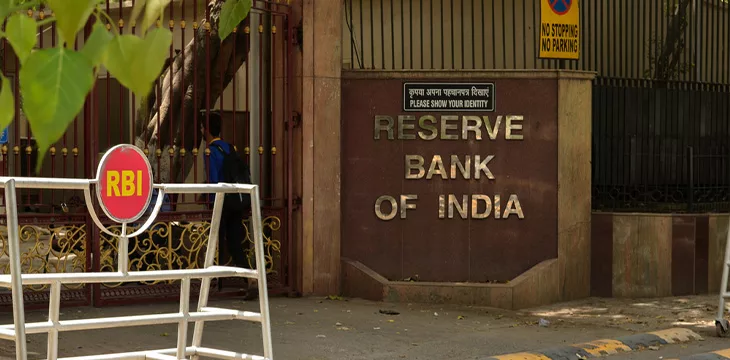|
Getting your Trinity Audio player ready...
|
The Reserve Bank of India (RBI) has constituted a committee to examine various aspects of setting up a “Digital Payments Intelligence Platform” to boost digital payments while ensuring their safety and security against fraud.
“Growing instances of digital payment frauds highlight the need for a system-wide approach to prevent and mitigate frauds. It is, therefore, proposed to establish a Digital Payments Intelligence Platform for network level intelligence and real-time data sharing across the digital payments’ ecosystem. To take this initiative forward, the Reserve Bank has constituted a committee to examine various aspects of setting up the platform,” RBI Governor Shaktikanta Das said in a statement.
The platform will harness advanced technologies to mitigate payment fraud risks.
“The Committee is expected to give its recommendations within two months,” RBI said.
The record surge in digital payments fraud comes as the world’s fastest-growing major economy strives to become a digital powerhouse while leveraging emerging technologies as a catalyst for economic growth. The South Asian nation introduced the Unified Payments Interface (UPI) in 2016, which enables instant money transfers using mobile phones and works as a single mobile application for accessing different bank accounts.
Data from RBI’s annual report show that digital payment fraud in India jumped to a record 14.57 billion rupees ($175 million) in the fiscal year that ended in March 2024 (FY2023-24). Card or internet-based frauds accounted for about 80% of total bank and financial institution frauds in FY2023-24, compared to about 49% in the corresponding previous year (FY2022-23). However, frauds reported in a year could have occurred several years prior to the year of reporting.
Total number of bank fraud cases in FY2023-24, including frauds through forex transactions, cash, cheques and demand drafts, was 36,075, of which digital payment frauds were 29,082, a jump of about 77% from 6,699 card or internet-based frauds in FY2022-23.
“Frauds have occurred predominantly in the category of digital payments (card/internet), in terms of number,” the RBI said in its annual report.
While small value card or internet frauds contributed the most to the number of frauds reported by private sector banks, embezzlement in public sector banks were mainly in loan portfolios, the RBI said.
“The Reserve Bank, over the years, has undertaken a number of measures for the safety and security of digital payments to maintain public confidence in digital payment systems. Sustaining such confidence would require minimising incidence of frauds. Many frauds occur by influencing unsuspecting victims to make the payment or share credentials,” the central bank said in its statement on Developmental and Regulatory Policies.
While the payment ecosystem, which includes banks, the National Payments Corporation of India (NPCI), card networks, payment aggregators and payment apps, take various measures on an ongoing basis to protect customers from such fraudulent acts, the RBI said there is a need for network-level intelligence and real-time data sharing across payment systems.
“The pandemic and increased penetration of internet and mobile phones have only accelerated the use of digital payments, and the dependency on them will continue to increase in future,” according to a PwC report.
“Payment fraud threats have provided a useful opportunity to FIs [financial institutions] to strategically collaborate with technology firms offering new-age solutions in areas related to security, data privacy and fraud risk management. These firms leverage the power of big data, artificial intelligence (AI) and advanced predictive modelling to detect security risks and frauds at various touchpoints in the payments life cycle and help to mitigate them,” the report added.
Watch: Blockchain, IPv6, AI & 5G will pave the way for the new Internet

 02-19-2026
02-19-2026 




